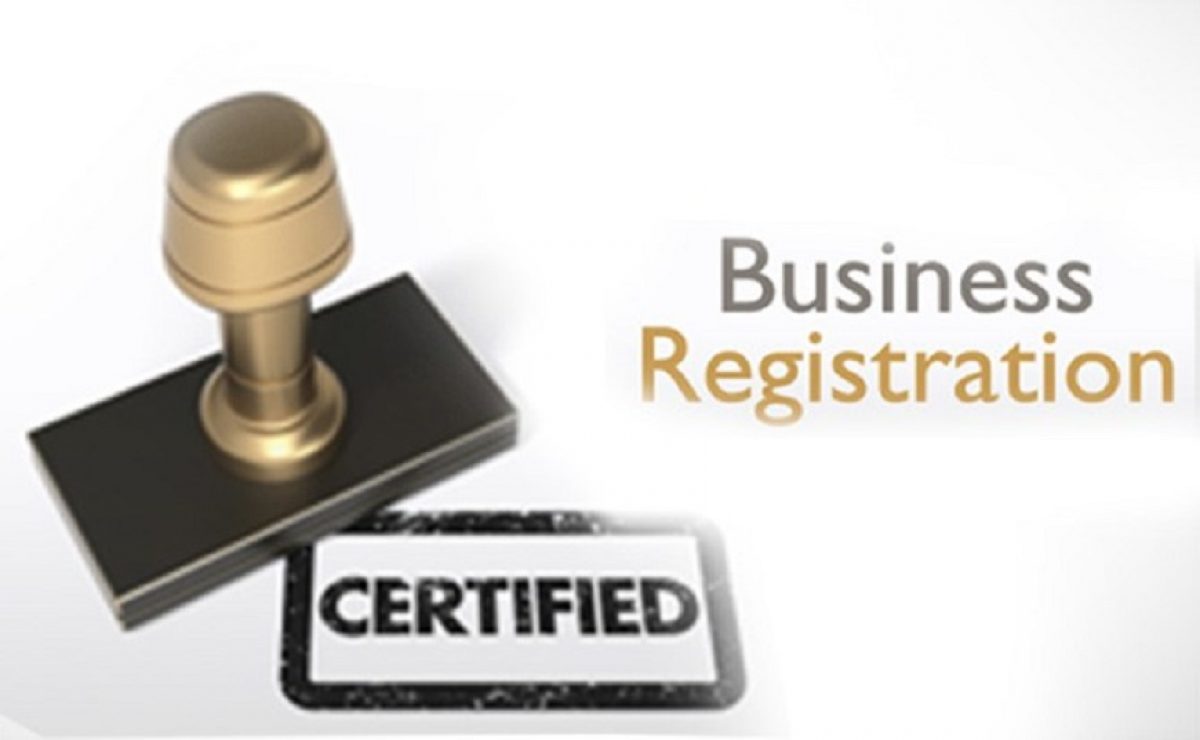After Registering a Company, What are the next steps to take?
Many people make the mistake of believing that they only need to register their company with the Corporate Affairs Commission (CAC). Hence, upon completing the registration of their business name or incorporating a limited liability company, they go to sleep. However, you must know that there are some other legal steps to take and other agencies to register your company. Although, these other registrations should be done after completing the registration with the Corporate Affairs Commission (CAC).

Some of these steps and agencies are listed below:
Federal Inland Revenue Service (FIRS)
You must register with the FIRS to register your company for tax purposes. This means that you must obtain a Tax Identification Number (TIN) which will enable you to pay your taxes. To obtain a TIN, you must submit the following documents to the FIRS office closest to your business:
- A duly completed Application Form for TIN, obtained from the FIRS Tax Office;
- Either your Certificate of Incorporation (if it’s a limited liability company) or Certificate of Registration of Business Name (if it’s a business name or enterprise), showing clearly the Registration Number of the business;
- The Memorandum and Articles of Association of your business (if a limited liability company);
- Documents providing the following information in respect of your business:
- The registered address (the address on record for your business at the CAC)
- The business address (if different from the registered address)
- An explanation of the precise nature of the business
- The date the business commenced or will commence operation.
- The date in each year which your business will give tax returns
- Name and addresses of all the banks used by the business
- Particulars of shareholders (name, address, and amount of shareholding) in the case of a limited liability company. Or particulars of partners of the business in the case of a business name or enterprise.
- Names and addresses of the principal officers of the business (partners/proprietors of the business or directors of the company)
- Name and address of the business auditors, tax representative, and any other agents appointed by the business/company.
- Utility bill for your business address.
Many people do not like going through the stress associated with obtaining the TIN. But in reality, your bank’s account officer may assist you with getting this at a token.
VAT Registration:
Just like your tax, you must register for Value Added Tax (VAT) if your company will be engaged in the provision of goods and services. The procedure for registration is similar to that described above. After registration, you must make remittances to the FIRS at the end of every month if you have collected VAT from your customers. VAT in Nigeria presently stands at 7.5% on applicable goods and services.
PenCom Registration
If you employ at least three (3) or more persons at your business enterprises, then you must register with the National Pension Commission for your employee’s contributory pension scheme.
Nigerian Investment Promotion Commission (NIPC)
If your business enterprise involves non-Nigerians as investors or shareholders, you must register with the NIPC.
Other Regulatory Agencies
Aside from registration with the CAC, you may be required to register with the appropriate regulatory agency before embarking on some trades or businesses. For instance, you must register with the Department of Petroleum Resources (DPR) if you intend to go into the oil and gas business. You must register with the Nigerian Communications Commission (NCC) if you wish to go into the provision of telecommunication. Likewise, you must register with NAFDAC if you seek to go into the production of food and drugs, etc.
Post Incorporation Filings at CAC
After your business registration/incorporation, there are still some post-incorporation filings which must be regularly undertaken at the CAC. These include the annual report which you must file annually; changes in your business address or other company information, except the ages of the individuals. Also, changes in the shareholding or share capital of the company, resignation or replacement of a director, etc.
You must note that failure or neglect to comply with the above requirements may sometimes attract serious sanctions. If you fail to file the Annual Returns, these sanctions may include the deleting of your company.
(Disclaimer: Please note that the above summary is for information purposes ONLY and does not constitute a legal advice or opinion)
If you need our professional services on any of the above matters, then contact us by phone on +234909 601 6093 or use our contact us form here.

